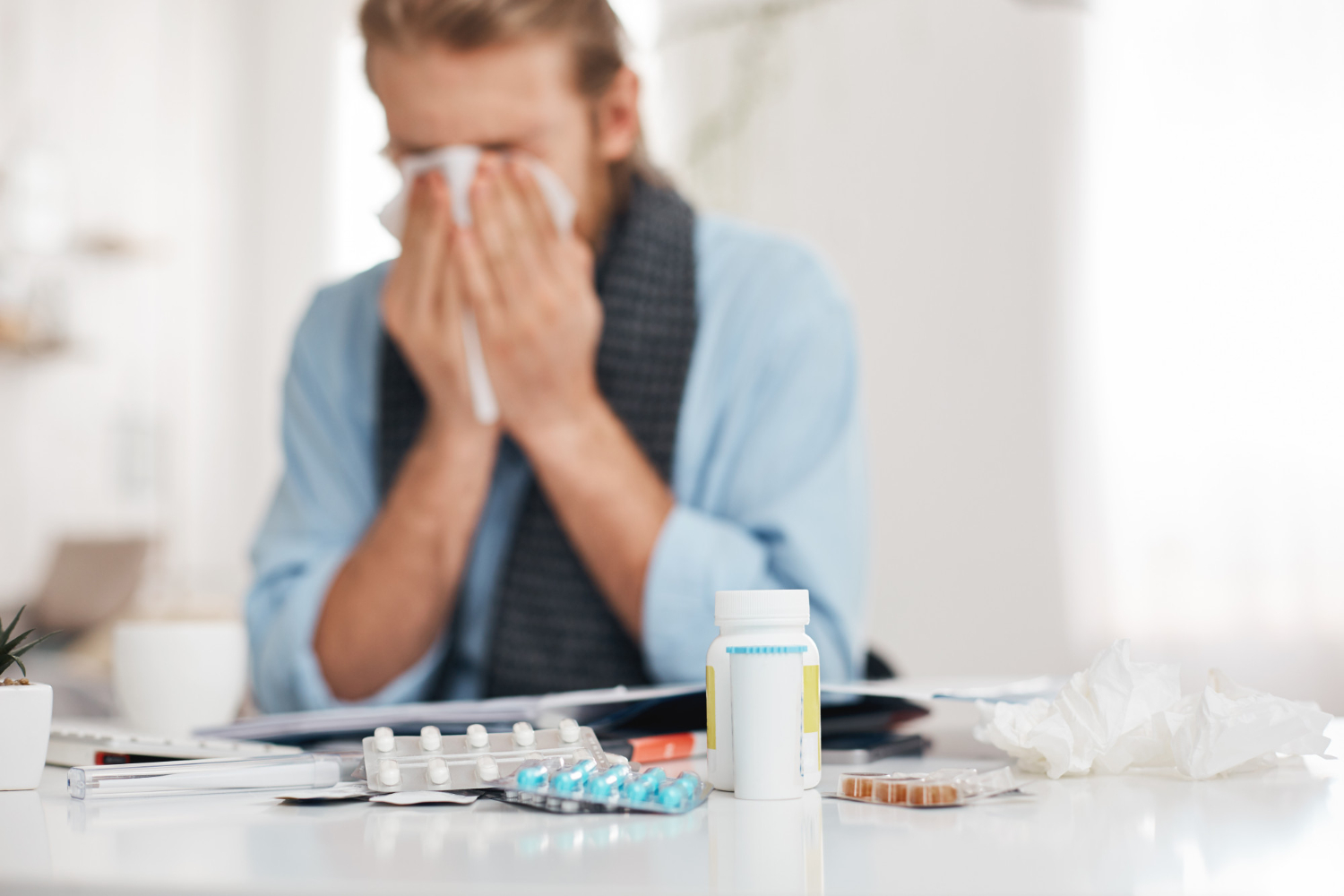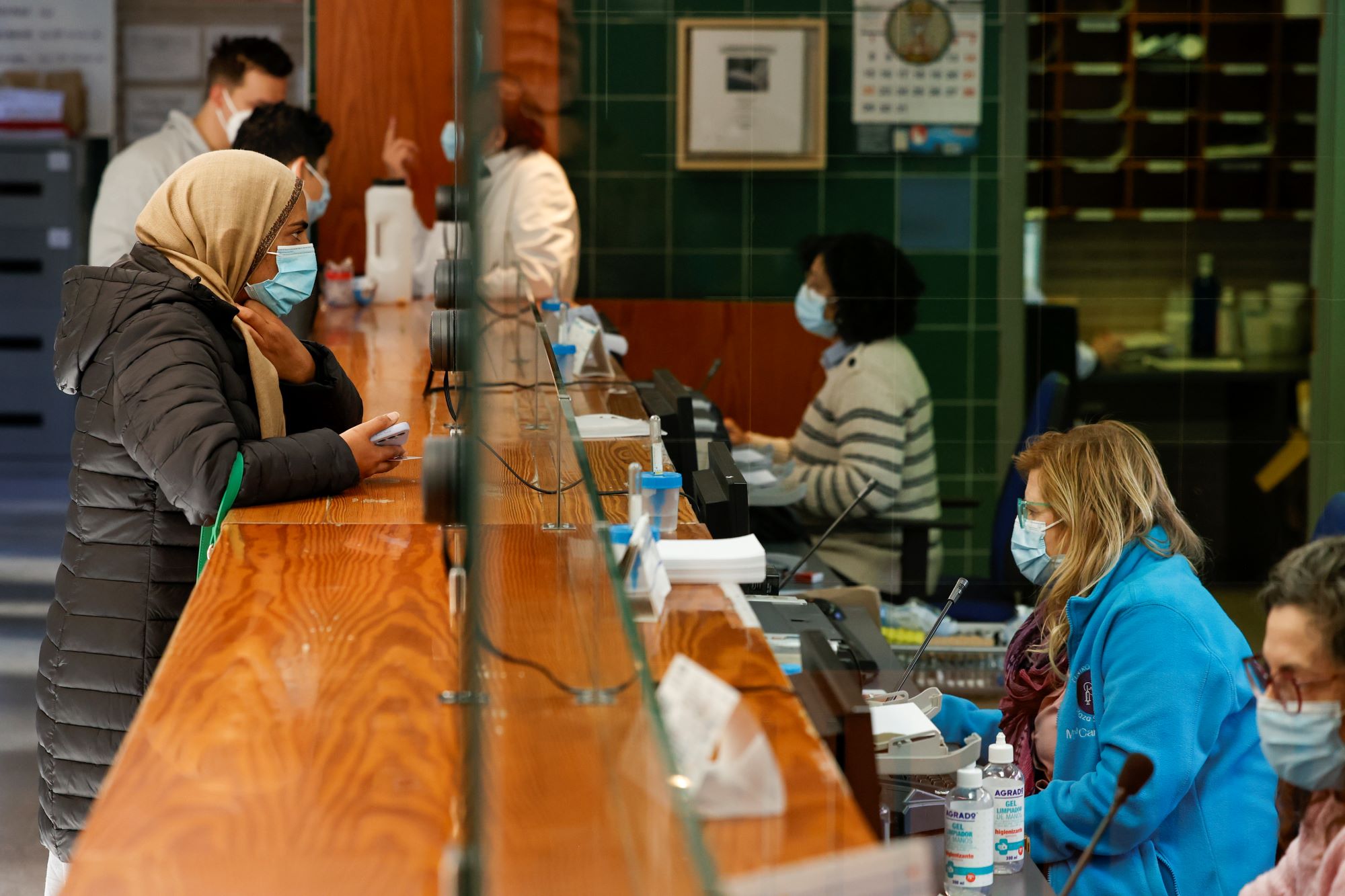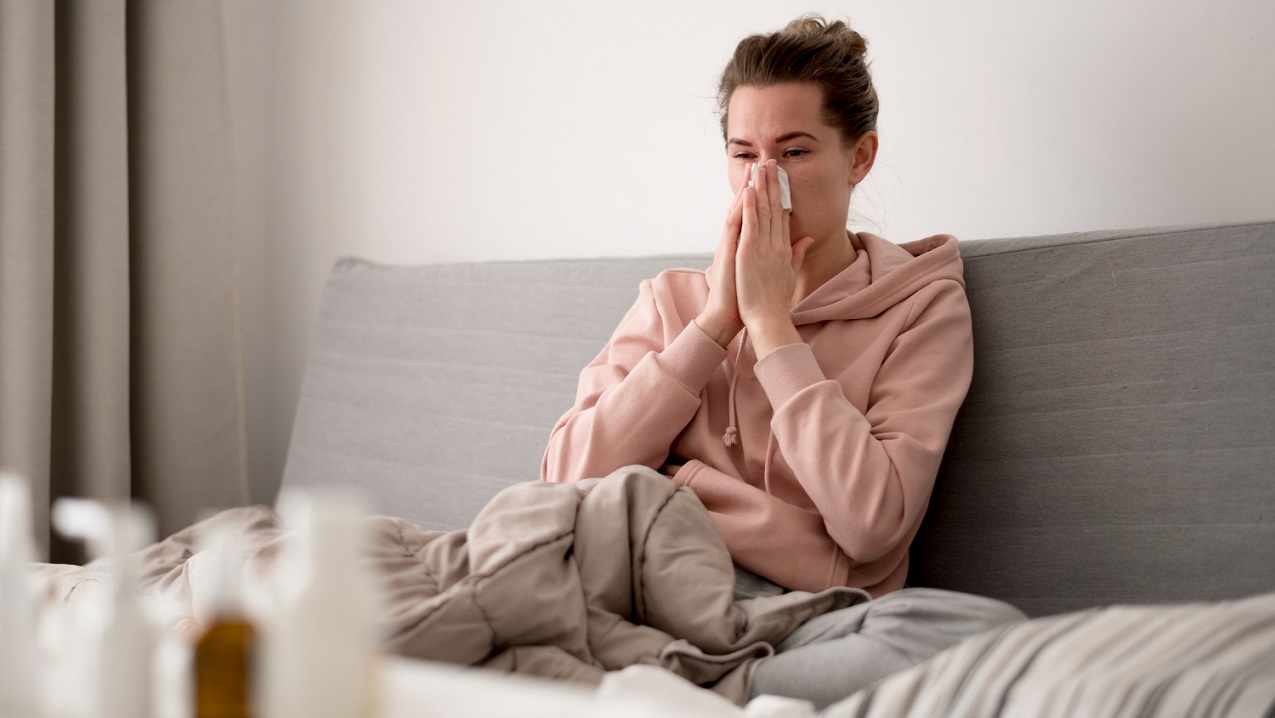Taking zinc could shorten the duration of a cold by two days, Cochrane review finds
A new Cochrane review has found that taking zinc may help reduce the duration of cold symptoms by about two days, although the authors point out that the evidence is inconclusive and that possible benefits need to be weighed against side effects.





